How Setting Goals Help Me Beat Breast Cancer
I was diagnosed with Stage IIB breast cancer at age 39. My mother died at age 34 of breast cancer when I was in my twenties. I had genetic counseling which showed about a 50% lifetime chance of cancer. Because of this I had always thought about “when” I get cancer rather than “if” I get cancer.
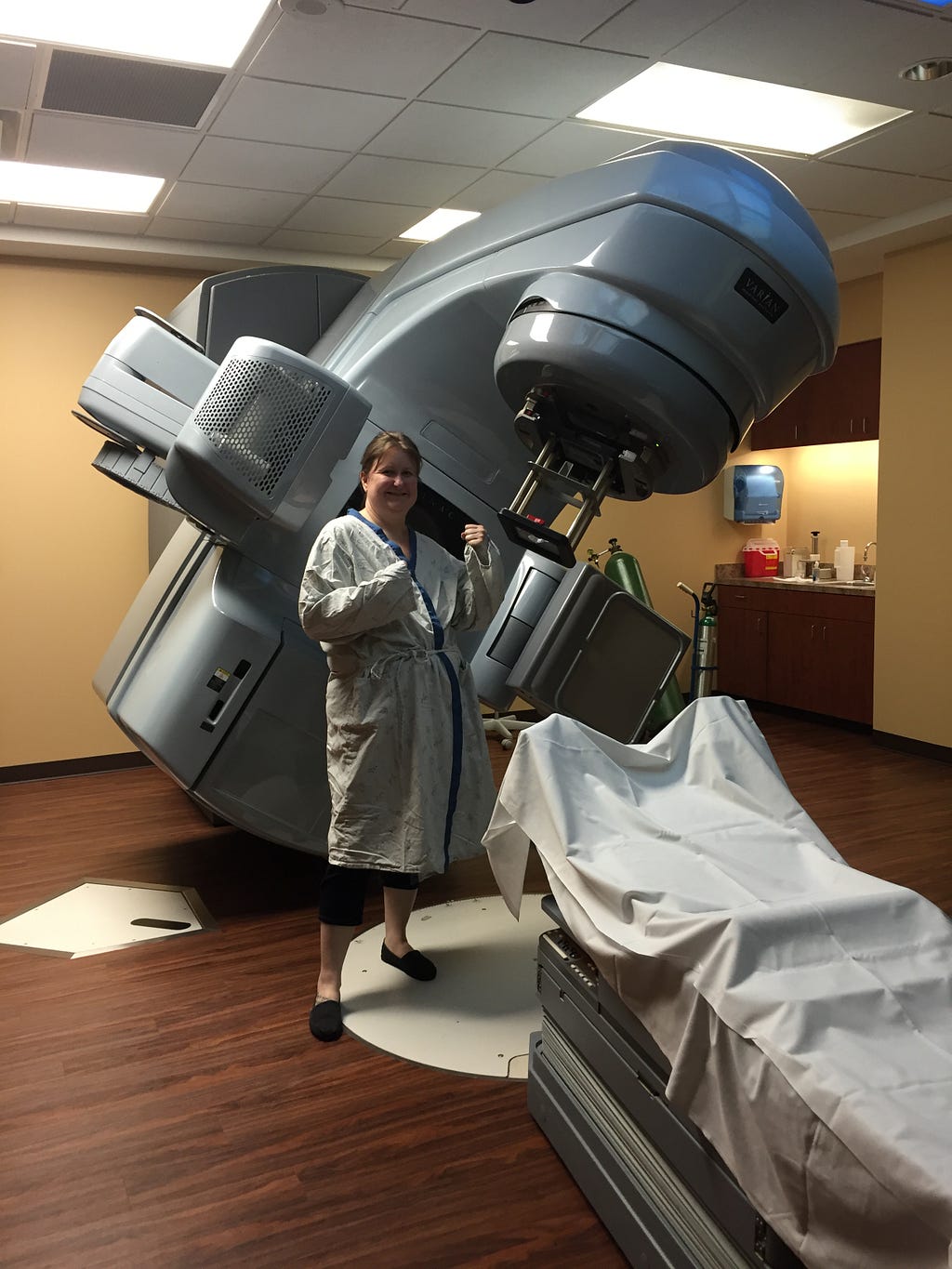
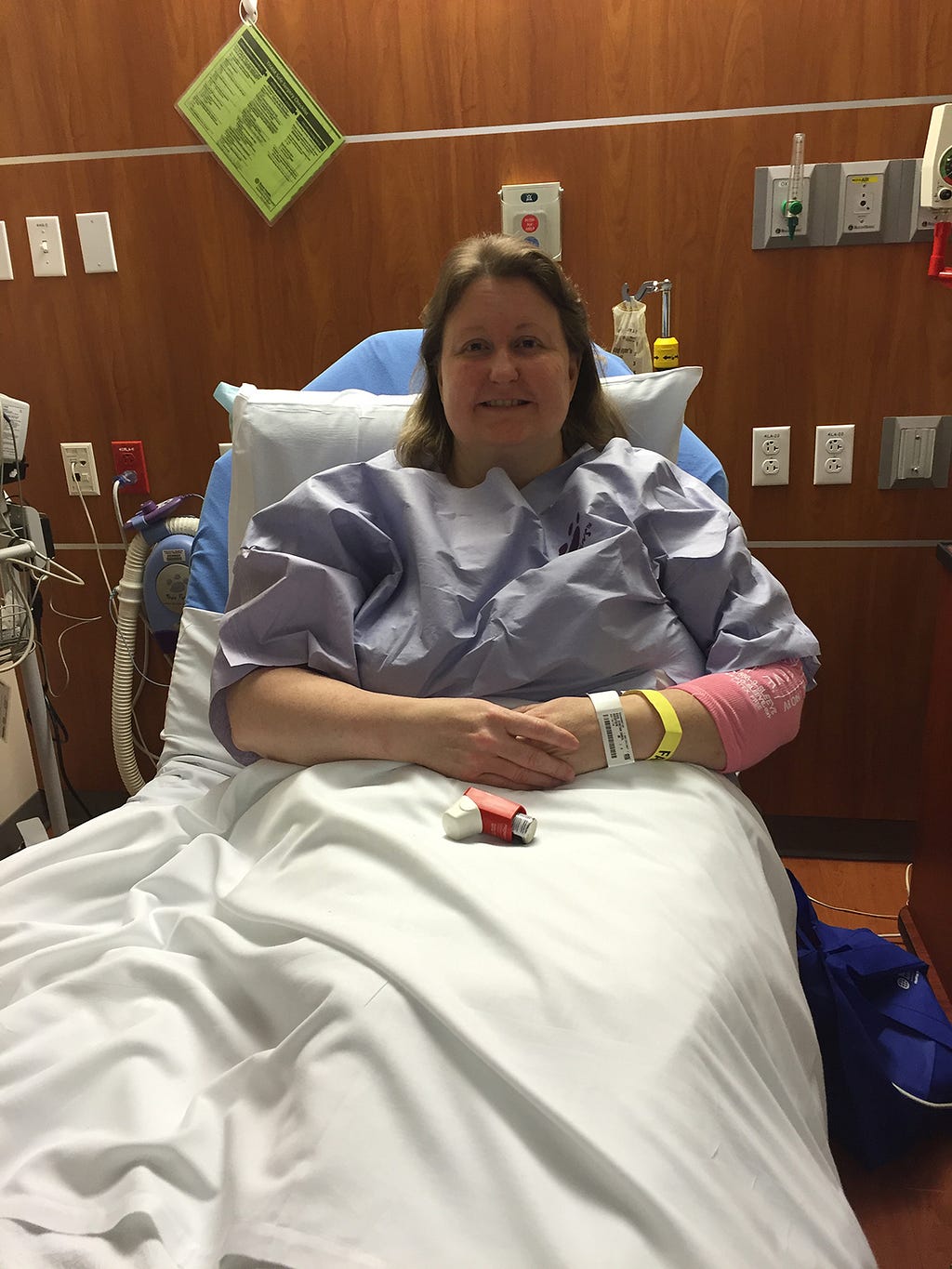
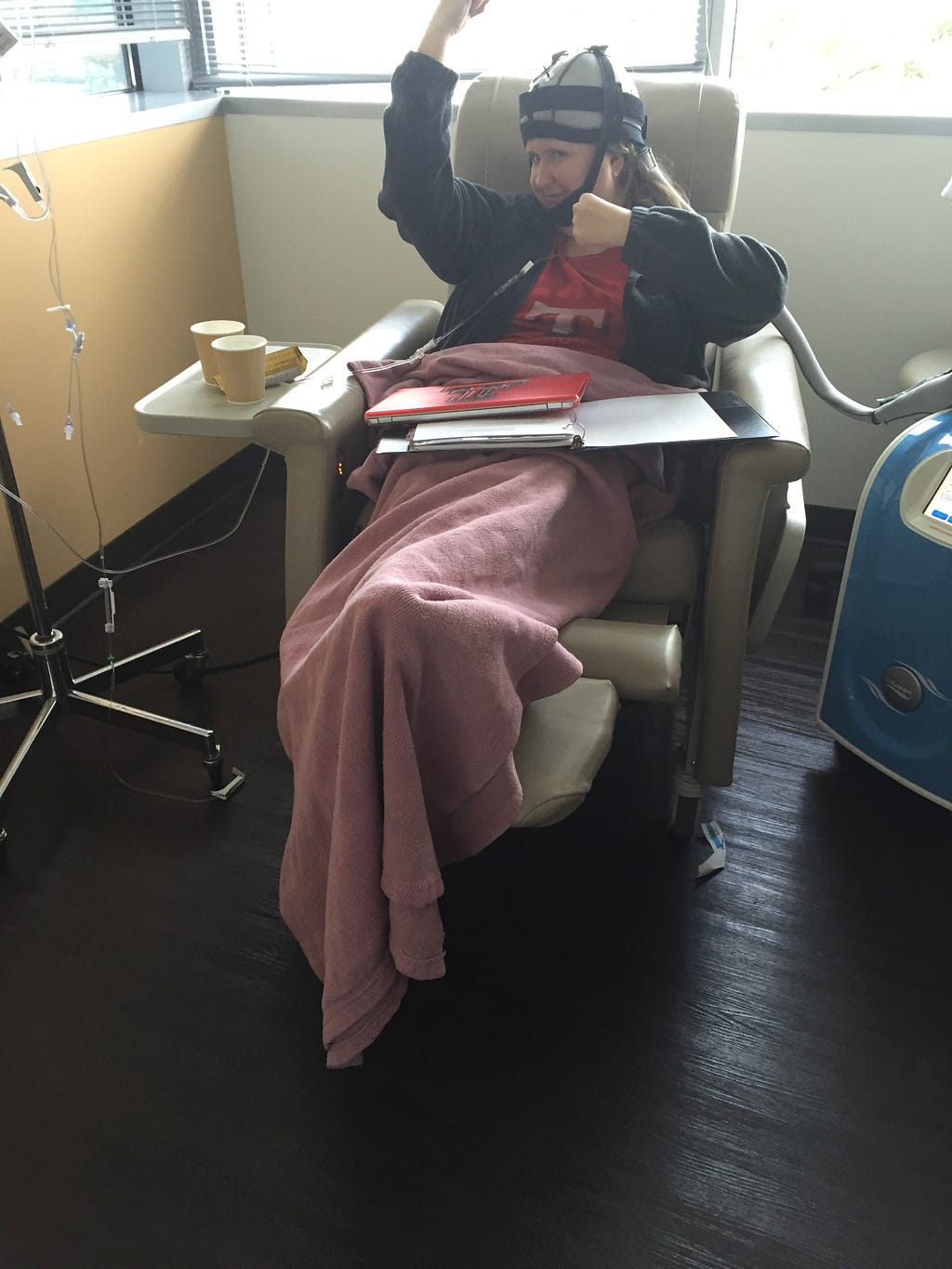
I am a nurse practitioner and over my career I have worked with excellent surgeons and physicians and would tag them as the ones I would use when I got cancer. This mindset and preparation really helped me deal with my diagnosis. I knew exactly who to call and was able to get things done very quickly. I was confident in my medical team. This is not something that the average person with a cancer diagnosis will be able to do. I can’t imagine how confusing and overwhelming the medical system can be to those “not in the know.”
The best advice I can give to those with a new diagnosis is find a cancer navigator to help coordinate all the medical appointments, testings and procedures. Let people help to decrease the stress associated with navigating the confusing and frustrating medical system. Speak up and don’t let yourself get lost. Even with my medical knowledge and medical connections, this was the most stressful part of this whole journey.
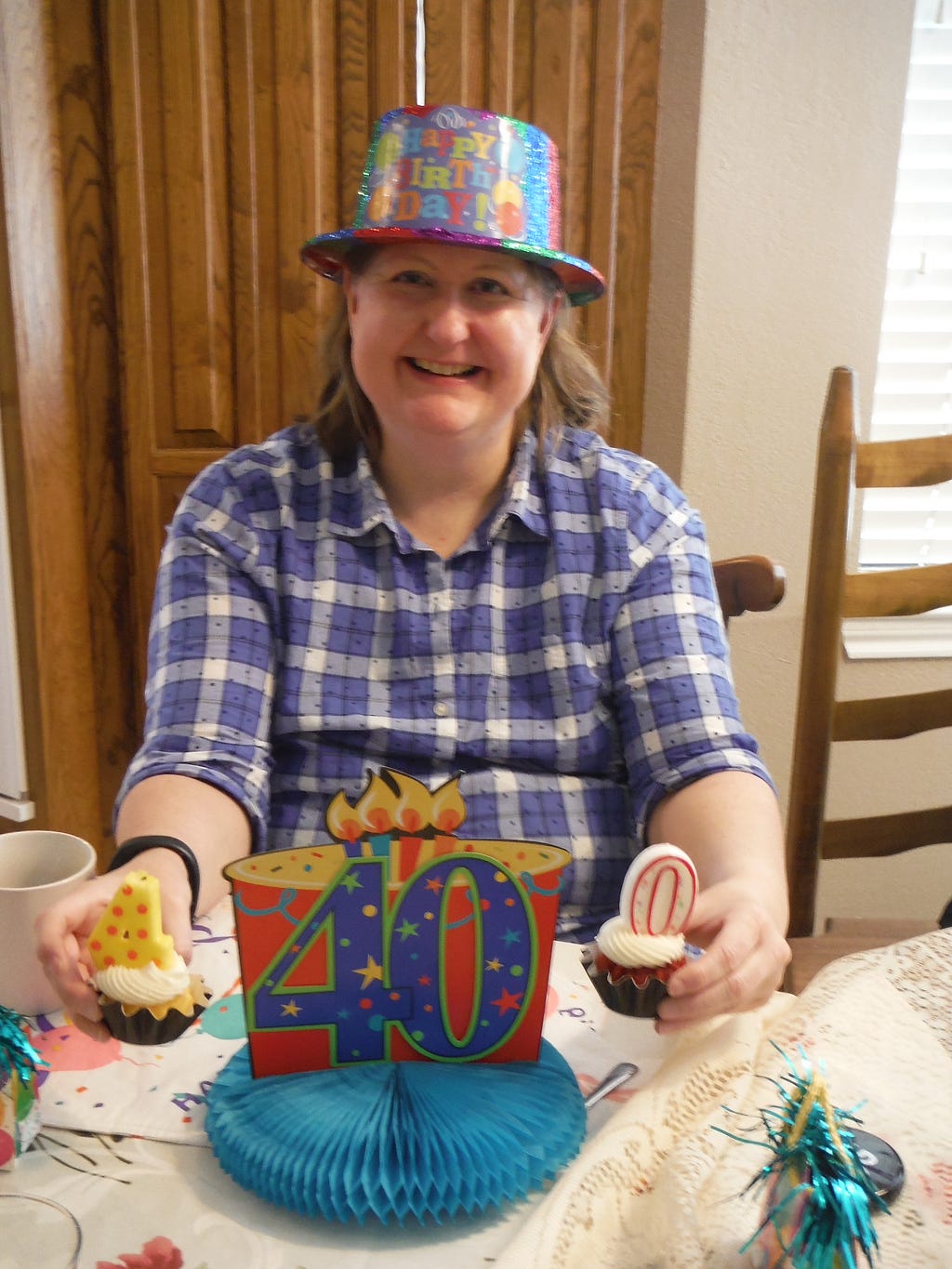
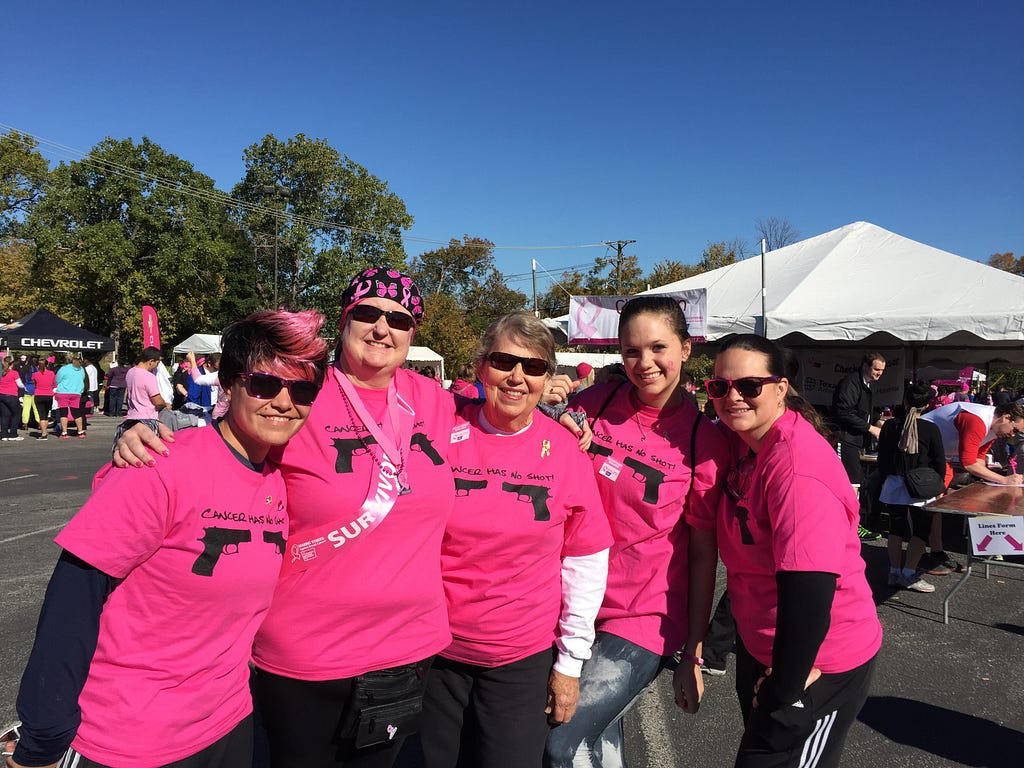
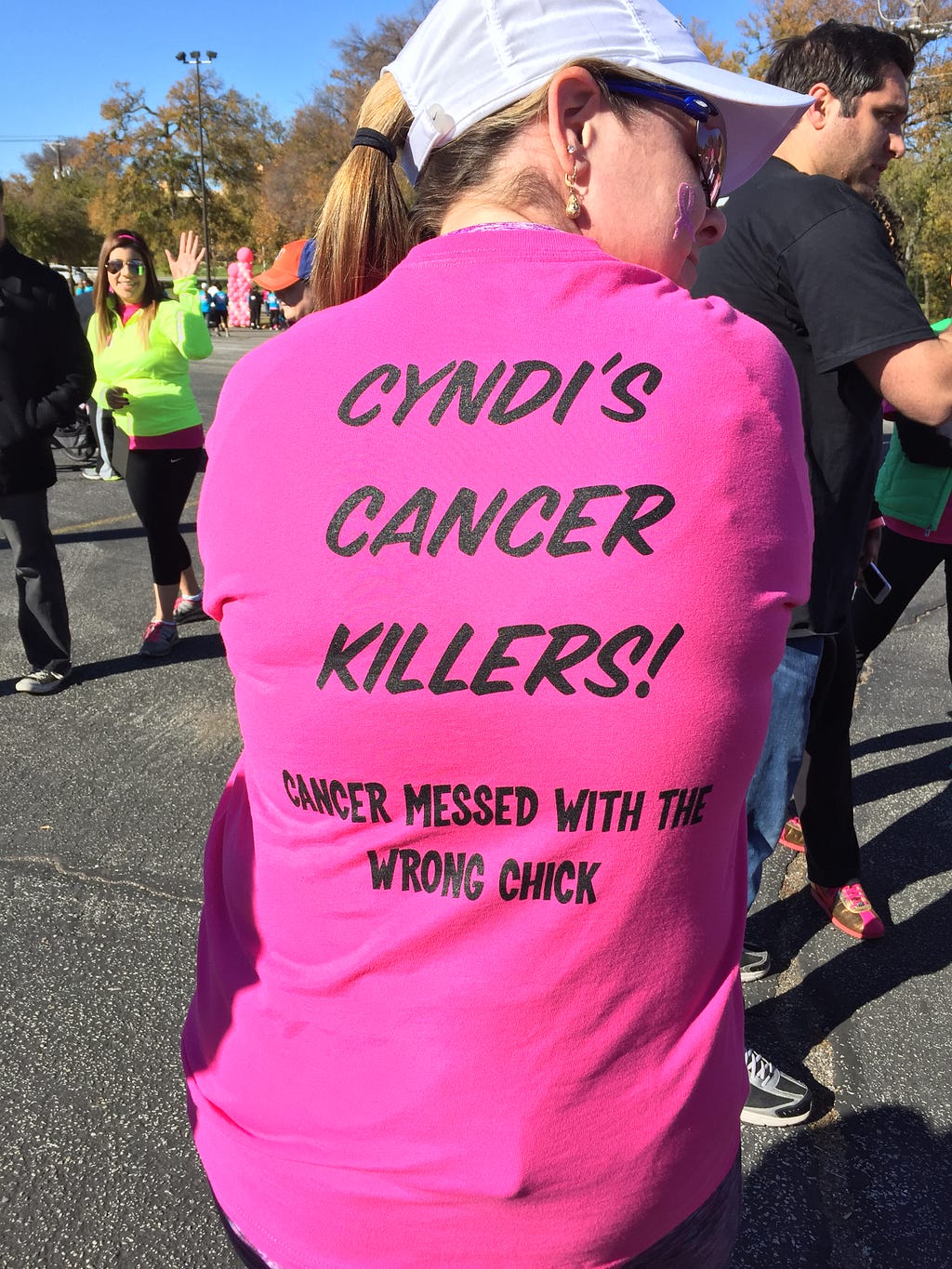
I had a rough year of treatment with chemotherapy, surgery, and radiation. I decided to have a double mastectomy to decrease my future cancer risk. I also had to be put in menopause because my cancer was estrogen receptor positive. Now at age 39 I have been dealing with the extreme fatigue and malaise associated with cancer treatments, the emotional roller coaster of menopause, and the self image issues of having no breasts. This was a hard time to get through, but I used my family and friends as emotional supports and refused to let cancer have power over me.
I did my best to eat well and stay active during this time. I signed up for the Livestrong Challenge Bike Ride in Austin on the one year anniversary of my diagnosis. This gave me a goal to achieve and got me out on my bike even when I didn’t really feel up to it. I was slow and couldn’t ride very long which was (and is) very frustrating at times, but I still made myself get out there. I finished the 20 mile Livestrong Challenge on my one year cancerversary. This year I am planning to finish the 45 mile!
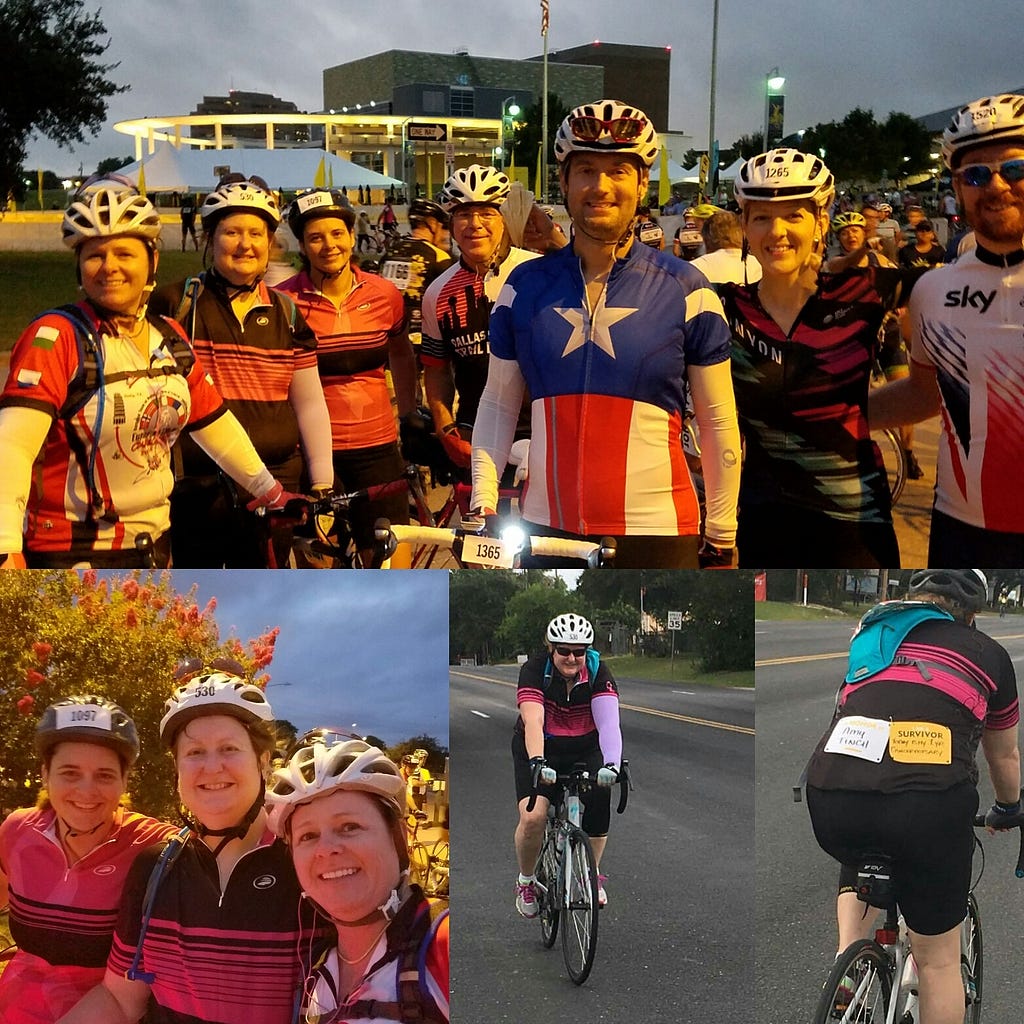
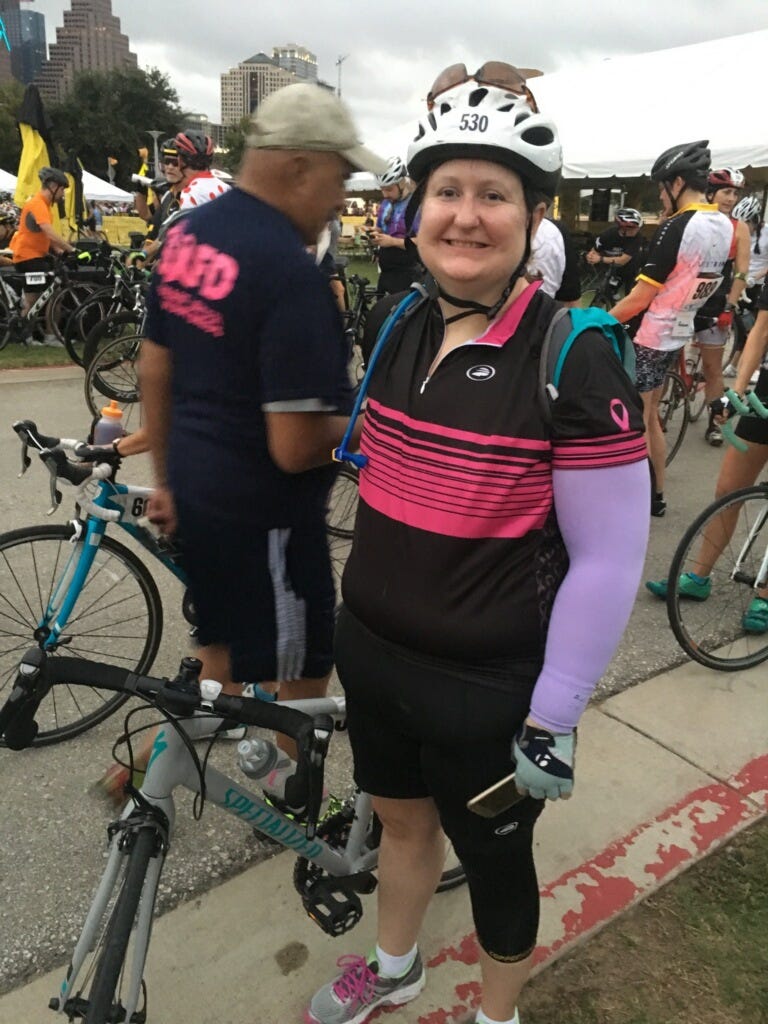
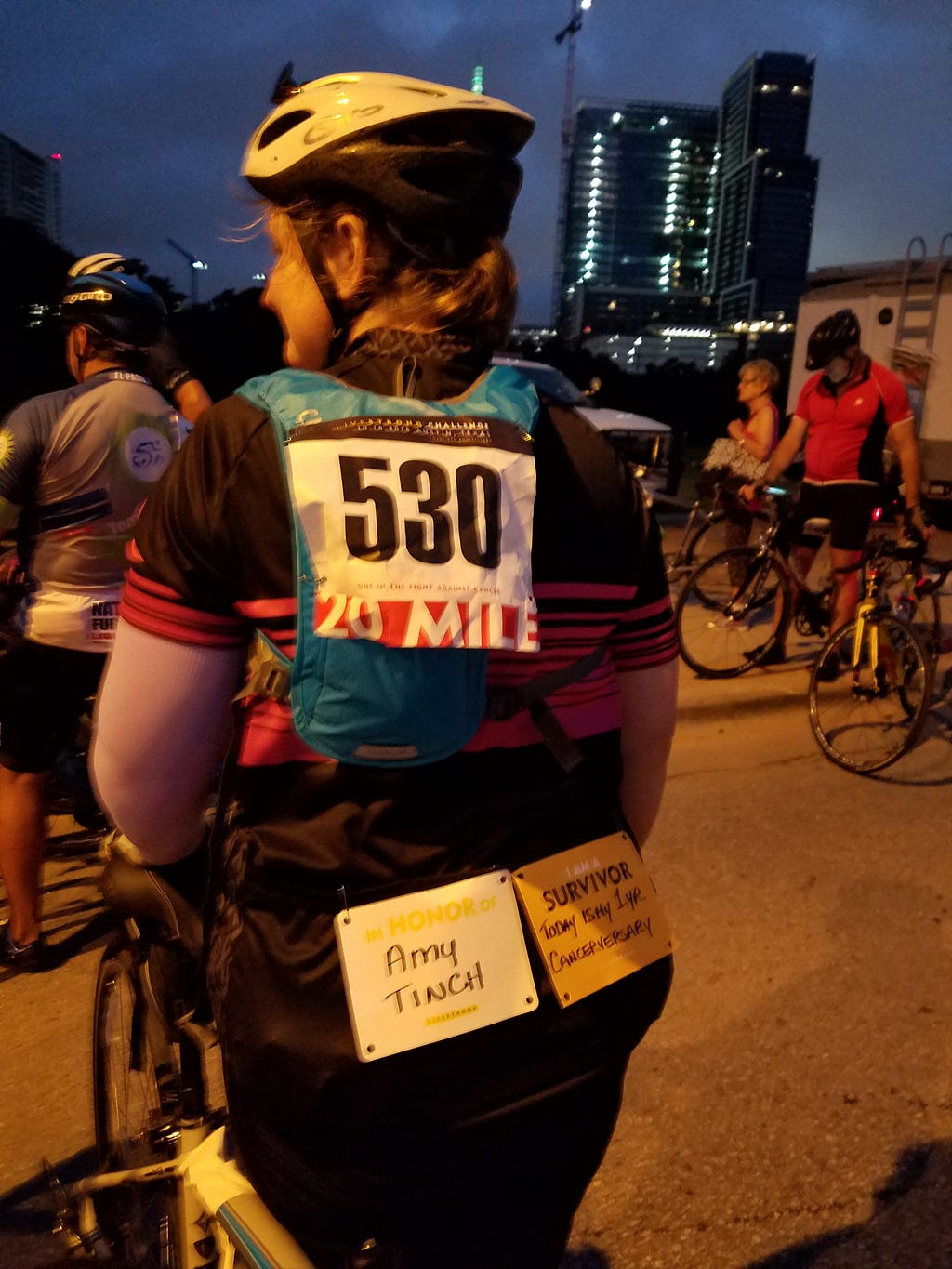
I recommend setting a goal like this when diagnosed with cancer to keep yourself focused on the future and surviving. I can’t express how great it felt to cross that finish line and receive my yellow rose.
My cancer journey helped me realize what is important in life. I am a lot more focused on the experiences of life now than I was before. Instead of saying “one day I’ll do that”, I go out and do it. I no longer put things off. I don’t want to regret the things I never did, so I make sure that I do them now! This has been a difficult journey and I have to live with physical limitations because of the effects of the cancer treatments, but it has been a blessing because it helped me to get my life priorities straight.
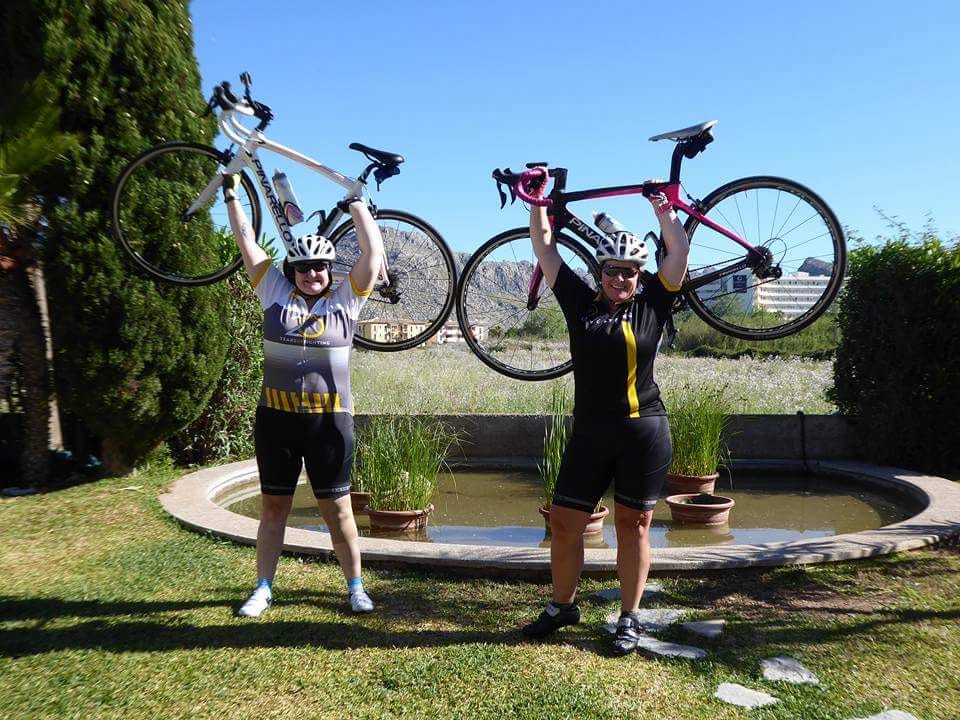
Thank you.
Cyndi, breast cancer survivor
Team LIVESTRONG brings cancer survivors and loved ones together at events across the country, including the new LIVESTRONG Honor 5K/10K run/walk and the LIVESTRONG Challenge bike ride in Austin, Texas. Come and join us!
How Setting Goals Help Me Beat Breast Cancer was originally published in Livestrong Voices on Medium, where people are continuing the conversation by highlighting and responding to this story.